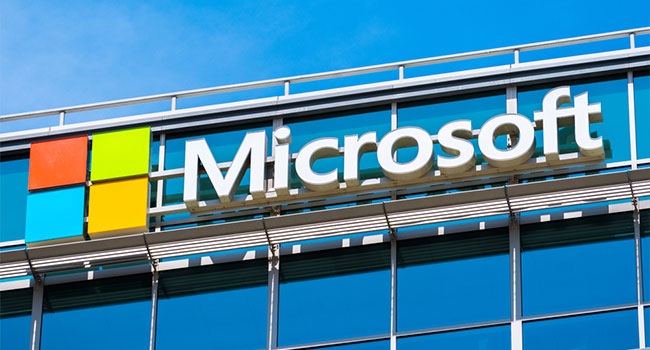
Microsoft Now Plans To Offer Free Security Updates to Election Officials Using Windows 7
The company originally planned to phase out security patches for Windows 7 in January. Now, Microsoft will continue issuing free updates for election systems around the world.
- By Haley Samsel
- Sep 24, 2019
Earlier this summer, cybersecurity experts were on edge about the operating systems used by the majority of election jurisdictions across the country. Most officials are using Windows 7 or older operating systems to program their machines and count ballots, and Microsoft said it would no longer be offering security updates after 2019 unless customers paid a fee.
Now, the company has announced it will offer election officials free security support for the Windows 7 system through the 2020 election cycle, CyberScoop reported. Many states had invested in new voting machines with heightened security protections ahead of the presidential election, but several of those machines still run on the older OS.
“We want to make sure that Windows 7 end-of-life doesn’t…become a barrier to having a secure and safe election,” Jan Neutze, the head of Microsoft’s cybersecurity and democracy team, said at a conference hosted by the Cybersecurity and Infrastructure Security Agency. “It’s the right thing to do.”
While The Associated Press reported in July that the “vast majority of 10,000 election jurisdictions nationwide use Windows 7 or an older operating system,” Microsoft wrote in a blog post on Friday that a “relatively small but still significant number of certified voting machines in operation” run on Windows 7.
Tom Burt, the corporate vice president of customer security and trust, wrote that the company was making the “unusual exception” in providing updates because of many factors, including the limited amount of time that officials have to change over to new systems.
“We also know that transitioning to machines running newer operating systems in time for the 2020 election may not be possible for a number of reasons, including the lengthy voting machine certification process – a process we are working with government officials to update and make more agile,” Burt wrote.
The U.S. Election Assistance Commission also said last week that it will not decertify machines running on Windows 7 or older operating systems. Burt said that Microsoft is “working with major manufacturers that have sold voting machines running Windows 7 to ensure any security updates provided to these systems are successful.”
Other countries stand to benefit from Microsoft’s announcement as well. Burt said that the election security updates will be available to all democratic countries holding national elections in 2020.
About the Author
Haley Samsel is an Associate Content Editor for the Infrastructure Solutions Group at 1105 Media.